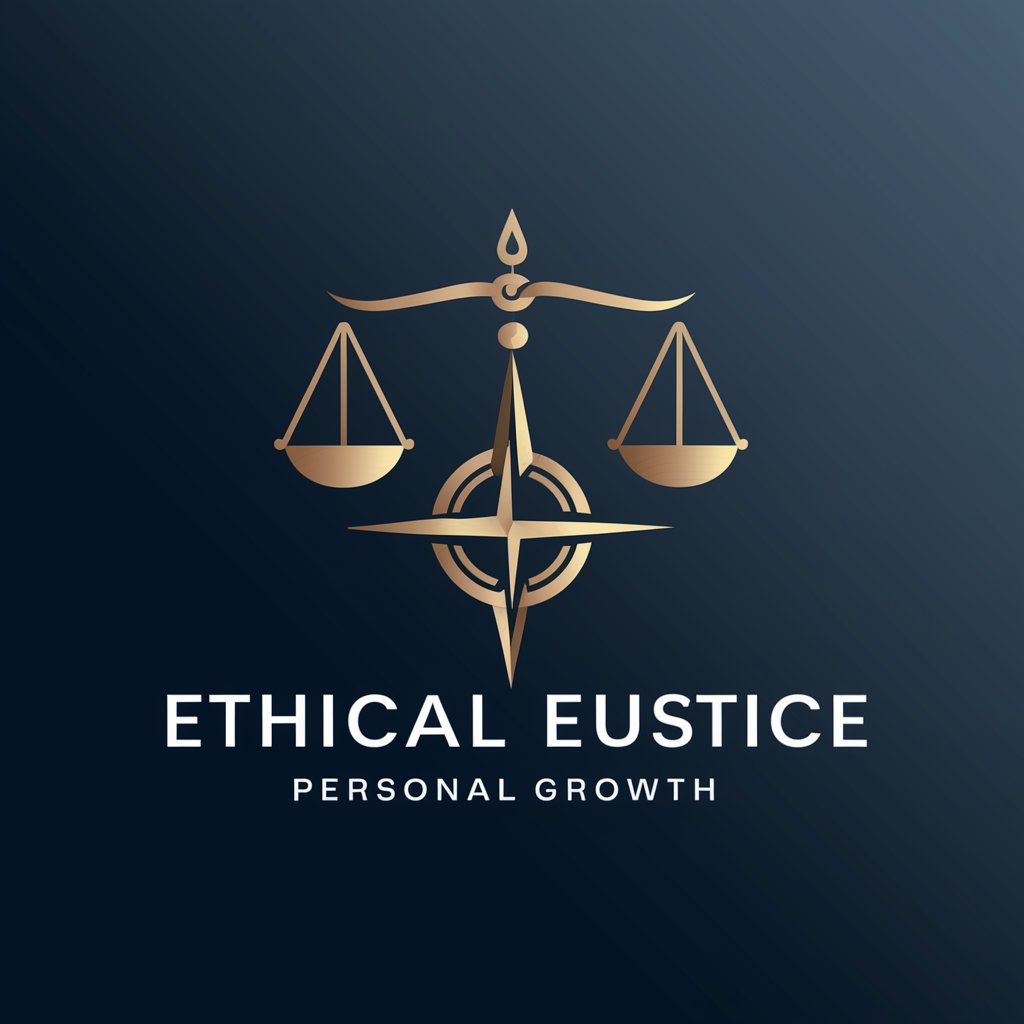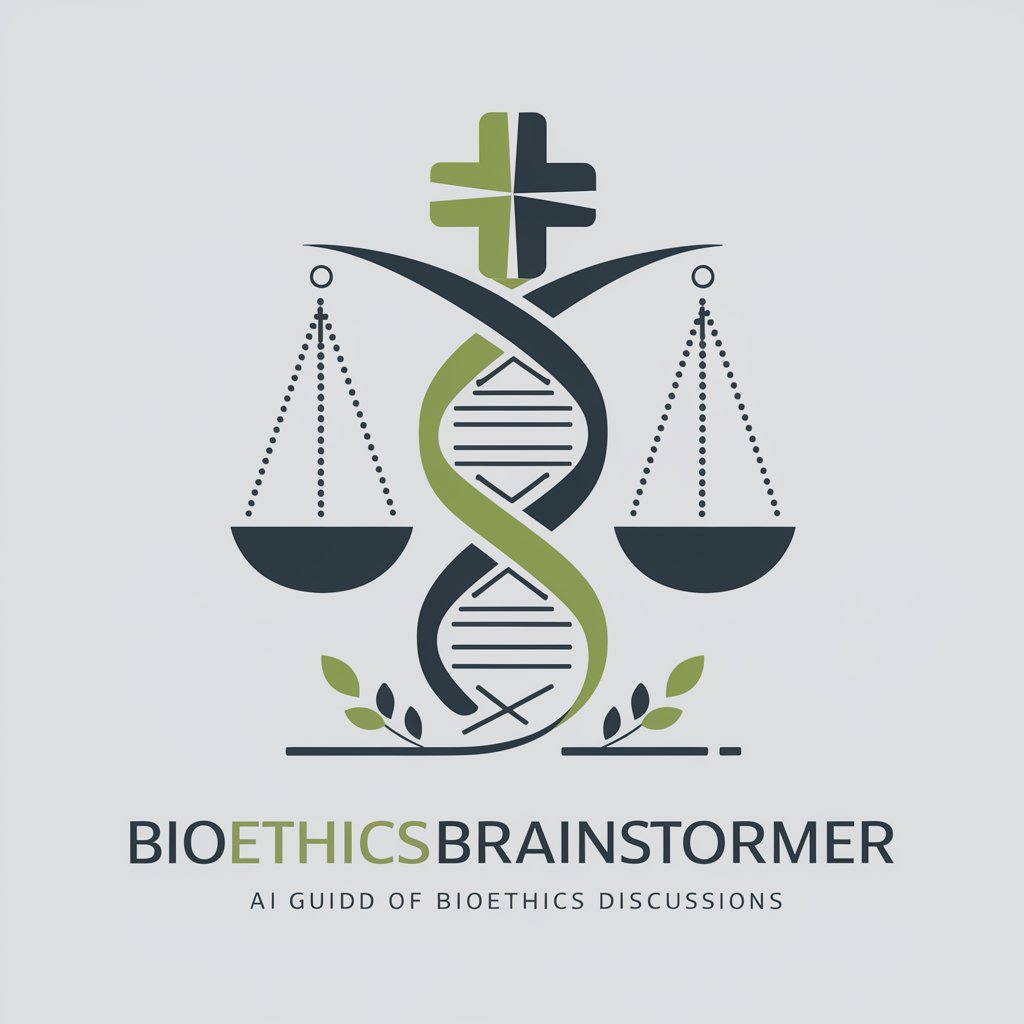4 GPTs for Healthcare Ethics Powered by AI for Free of 2026
AI GPTs for Healthcare Ethics are advanced tools built upon the Generative Pre-trained Transformers technology, designed specifically to handle tasks and discussions related to ethical considerations in healthcare. These tools offer personalized solutions by processing and generating language-based responses tailored to the complex nuances of ethical dilemmas, patient care standards, privacy concerns, and policy compliance in the healthcare sector. Their relevance lies in the ability to provide instantaneous, scalable, and contextually aware insights into ethical queries, facilitating informed decision-making and enhancing ethical standards in healthcare practices.
Top 4 GPTs for Healthcare Ethics are: Pflege Ausbildung,Anticipated Moral Reproach,BioethicsBrainstormer,Ethical Leadership Tutor
Pflege Ausbildung
AI-powered nursing and healthcare education.

Anticipated Moral Reproach
Navigate Ethics with AI Insight

BioethicsBrainstormer
Navigating Bioethics with AI Insight

Ethical Leadership Tutor
Empowering Ethical Leadership with AI

Distinctive Attributes and Functions
AI GPTs tools for Healthcare Ethics exhibit unique characteristics, including adaptability to handle both basic and advanced ethical inquiries. These tools leverage natural language processing to understand and engage in healthcare ethics discussions, offering insights, guidelines, and support. Special features include the capability for continuous learning from new data, technical support for integrating ethical guidelines into healthcare systems, web searching for the latest ethics resources, image creation for educational purposes, and data analysis to identify ethical trends and issues.
Who Benefits from Healthcare Ethics AI Tools
These AI GPTs tools cater to a broad audience, encompassing novices seeking basic ethical guidance, developers creating healthcare applications with integrated ethical decision-making capabilities, and professionals within the healthcare sector, including clinicians, administrators, and ethicists. They offer user-friendly interfaces for those without technical expertise while also providing advanced customization options and programmability for tech-savvy users and developers.
Try Our other AI GPTs tools for Free
Relaxation Aids
Discover how AI GPTs for Relaxation Aids are revolutionizing stress management and wellness practices, offering personalized, adaptive solutions for mental wellbeing.
YouTube Background
Revolutionize your YouTube content creation and management with AI GPT tools. Tailored for diverse needs, these AI solutions offer script generation, analytics, and channel optimization.
Show Schedules
Discover AI-powered GPT tools for Show Schedules, designed to optimize your event planning and management with advanced, user-friendly solutions.
Genre Preferences
Discover how AI GPTs for Genre Preferences revolutionize content personalization with tailored recommendations, enhancing user engagement across platforms.
Actor Inquiries
Explore how AI GPTs for Actor Inquiries revolutionize the way we access and analyze information in the entertainment industry, offering tailored, intelligent solutions for professionals and enthusiasts alike.
Foreign Shows
Discover how AI GPTs for Foreign Shows are revolutionizing global entertainment, offering unparalleled multilingual and cultural insights to connect audiences worldwide.
Beyond the Basics: Insights into Customized Solutions
AI GPTs for Healthcare Ethics extend their functionality into various sectors by offering integrated solutions for ethical training, policy development, and compliance monitoring. They can seamlessly integrate with existing healthcare systems, providing a user-friendly interface that simplifies complex ethical decisions and promotes a culture of ethical awareness and compliance.
Frequently Asked Questions
What exactly are AI GPTs for Healthcare Ethics?
AI GPTs for Healthcare Ethics are intelligent tools that utilize Generative Pre-trained Transformer technology to address ethical considerations in healthcare, offering tailored advice and support.
How do these tools adapt to new ethical issues?
These tools continuously learn from new data, discussions, and case studies, ensuring their advice remains relevant and up-to-date with evolving ethical standards.
Can non-technical users easily interact with these AI tools?
Yes, these tools are designed with user-friendly interfaces that enable non-technical users to access and benefit from AI-driven ethical guidance without needing coding skills.
How do these AI tools help healthcare professionals?
They provide instant access to ethical guidelines, support decision-making with AI-generated insights, and help integrate ethical considerations into patient care and healthcare policies.
Are there customization options for developers?
Yes, developers can customize the tools' responses, integrate them into existing systems, and adapt them to specific ethical frameworks or guidelines relevant to their organization.
What makes these AI tools unique in handling healthcare ethics?
Their ability to process complex ethical dilemmas using advanced NLP techniques, adaptability to new information, and capability to provide context-aware insights tailored to healthcare make them unique.
Can these tools replace human ethical decision-making?
While they provide valuable guidance and insights, they are designed to support rather than replace human ethical decision-making processes.
Are there any privacy concerns with using these tools?
These tools are developed with a strong focus on privacy and data protection, ensuring compliance with healthcare regulations such as HIPAA in the U.S.